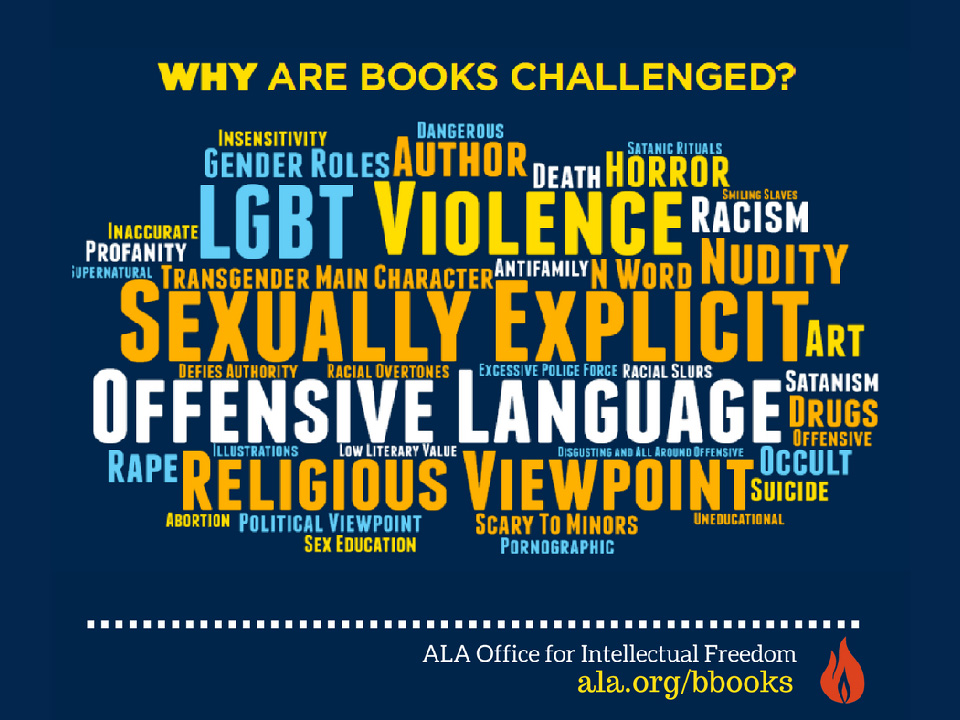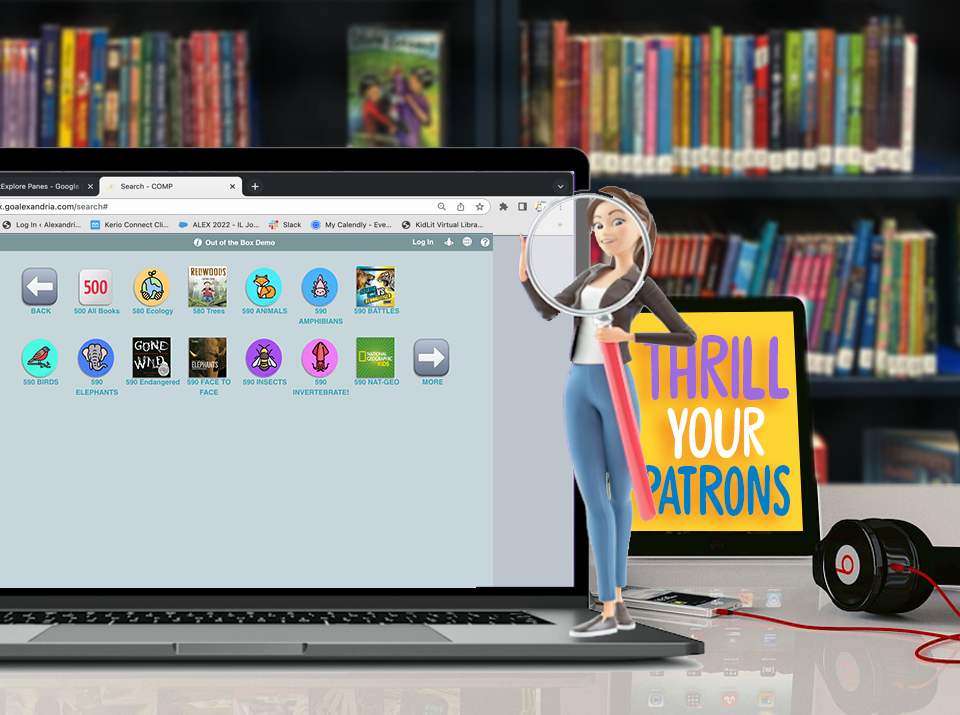
Our Favorite Banned Books
September 15, 2017
2017 Halloween Posters
September 22, 2017Get Ready for Banned Books Week 2017

Today marks the start of Banned Books Week. This annual event is a form of symbolic protest and a celebration of the freedom to read. It started in 1982 as a response to the steadily expanding scope of censored material, today it continues to gain momentum and grow in participation. This year’s theme is, “Words Have Power. Read a Banned Book.”
Why are books still being banned in 2017?
Historically books have been banned when they were deemed to be a threat to the order that holds our society together: books that were considered to be a danger to the public at large, because their message compelled citizens to think too critically about things like political ideology, racial inequality, and religion. Basically, any material that was overly controversial or thought-provoking ran the risk of ending up in a bonfire.
Profanity and explicit content have also traditionally been popular justifications for the removal of books, and they continue to be in the 21st century – nearly all the books included in the Top Ten Challenged Books List by the American Library Association’s Office for Intellectual Freedom – cite either offensive language or some form of explicit content as the reason for the challenge. The OIF compiles this list based only on challenges that are officially reported to the American Library Association. In 2016, there were 323 challenges reported. However, it is estimated that 82-97% of challenges are silent or unreported. Which means that the picture we have of challenged books is incomplete, and there may be as many as 10,000 actual challenges per year. For a more detailed look into the current trends of censorship, take a look at the State of America’s Libraries Report, under the header Intellectual Freedom.
Get Involved
Despite the common misconception, books are still being banned! Roughly 10% of challenges result in the removal of a book. Censorship not only infringes on the authors’ right to self-expression but also, the freedom of the public to decide to which information we want to be exposed. The act of sheltering children from certain content, which is appropriately written for their age group but covers difficult topics, only serves to delay their ability to adequately cope with those difficult topics.
Many of the books that are banned at some point become our most celebrated classics, and the topics they explore our most valued lessons.
Become a part of the conversation and help raise awareness by using the hashtags #WordsHavePower and #Top10.
For more information, check out bannedbooksweek.org




